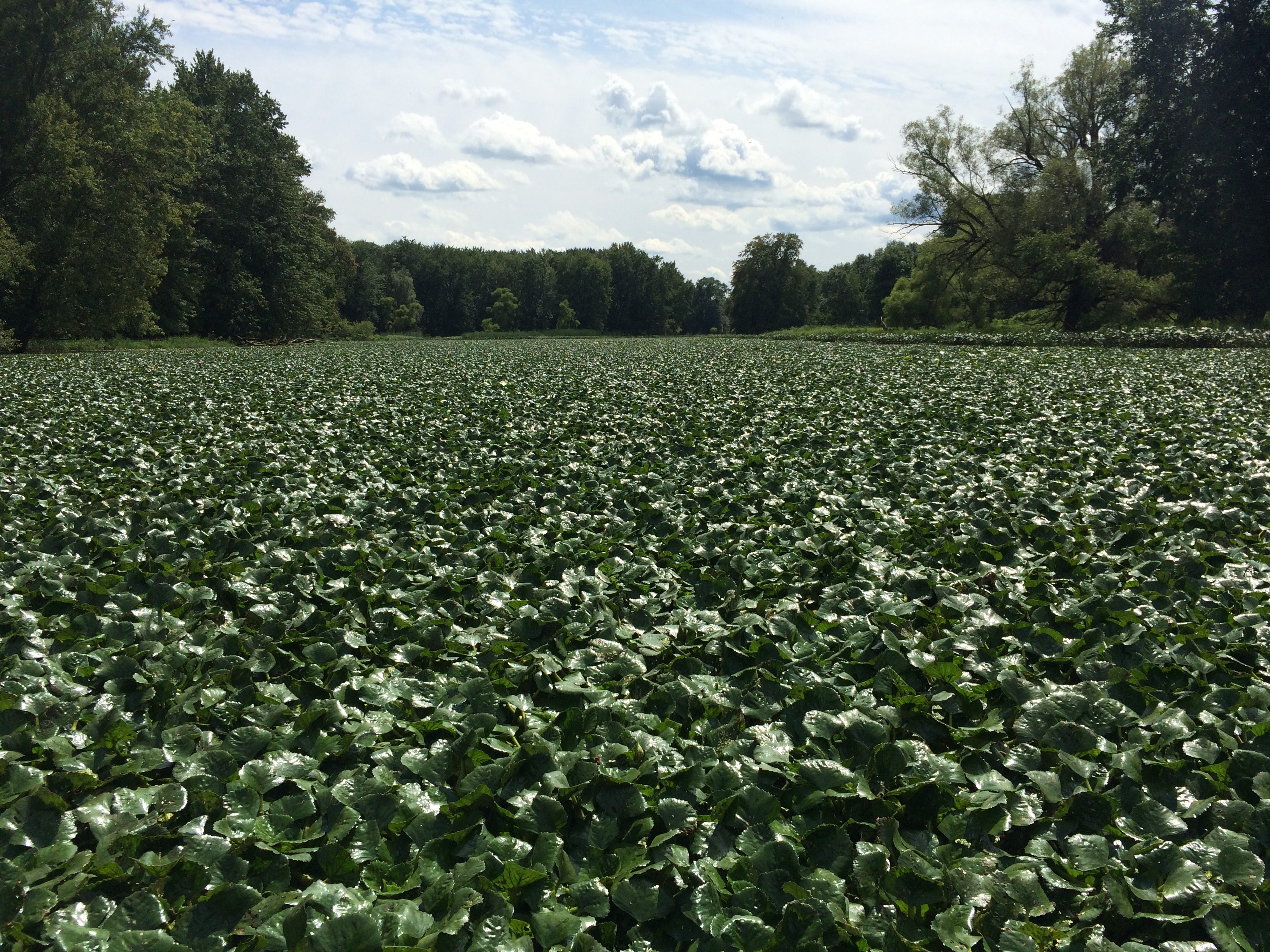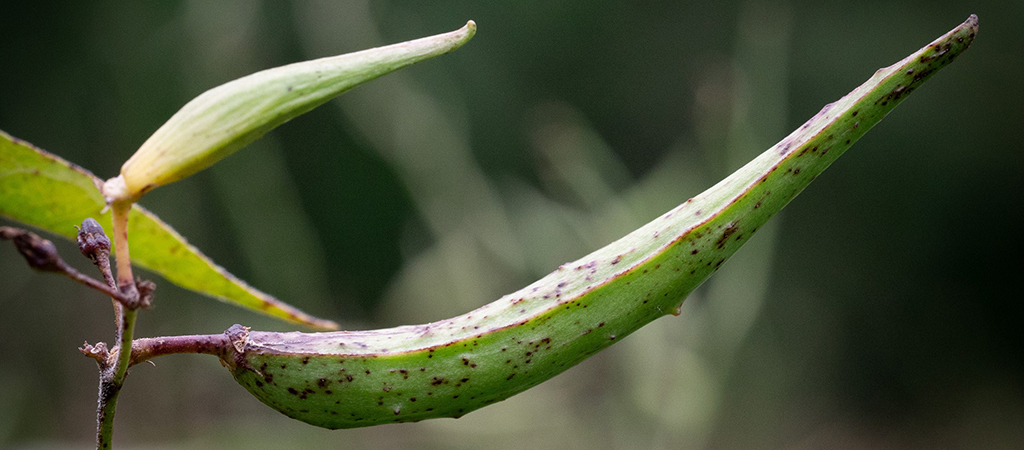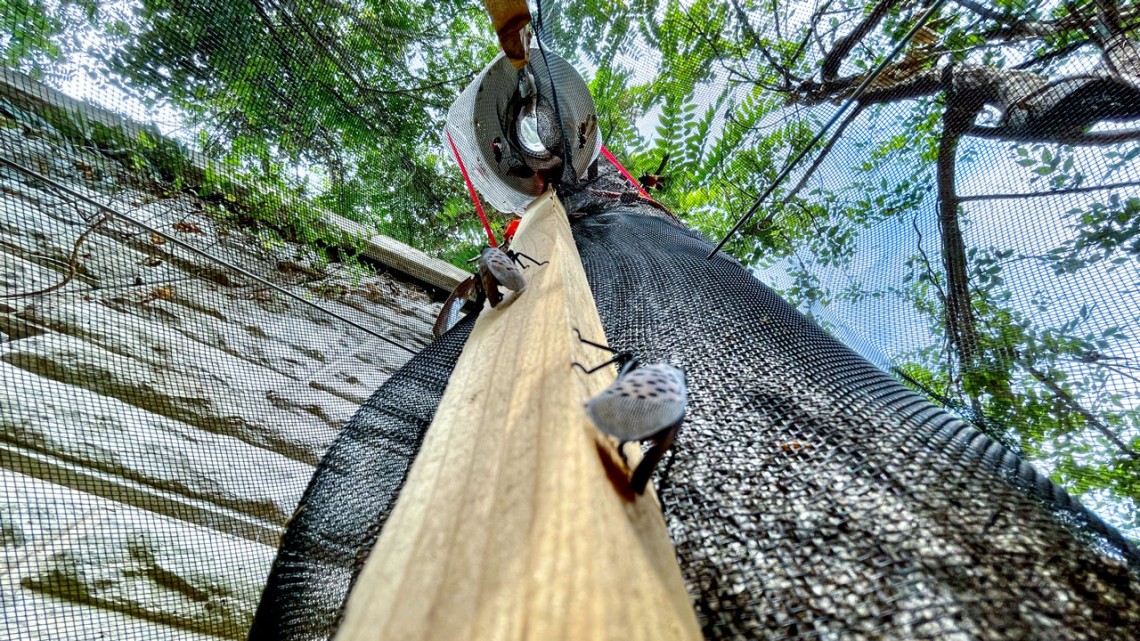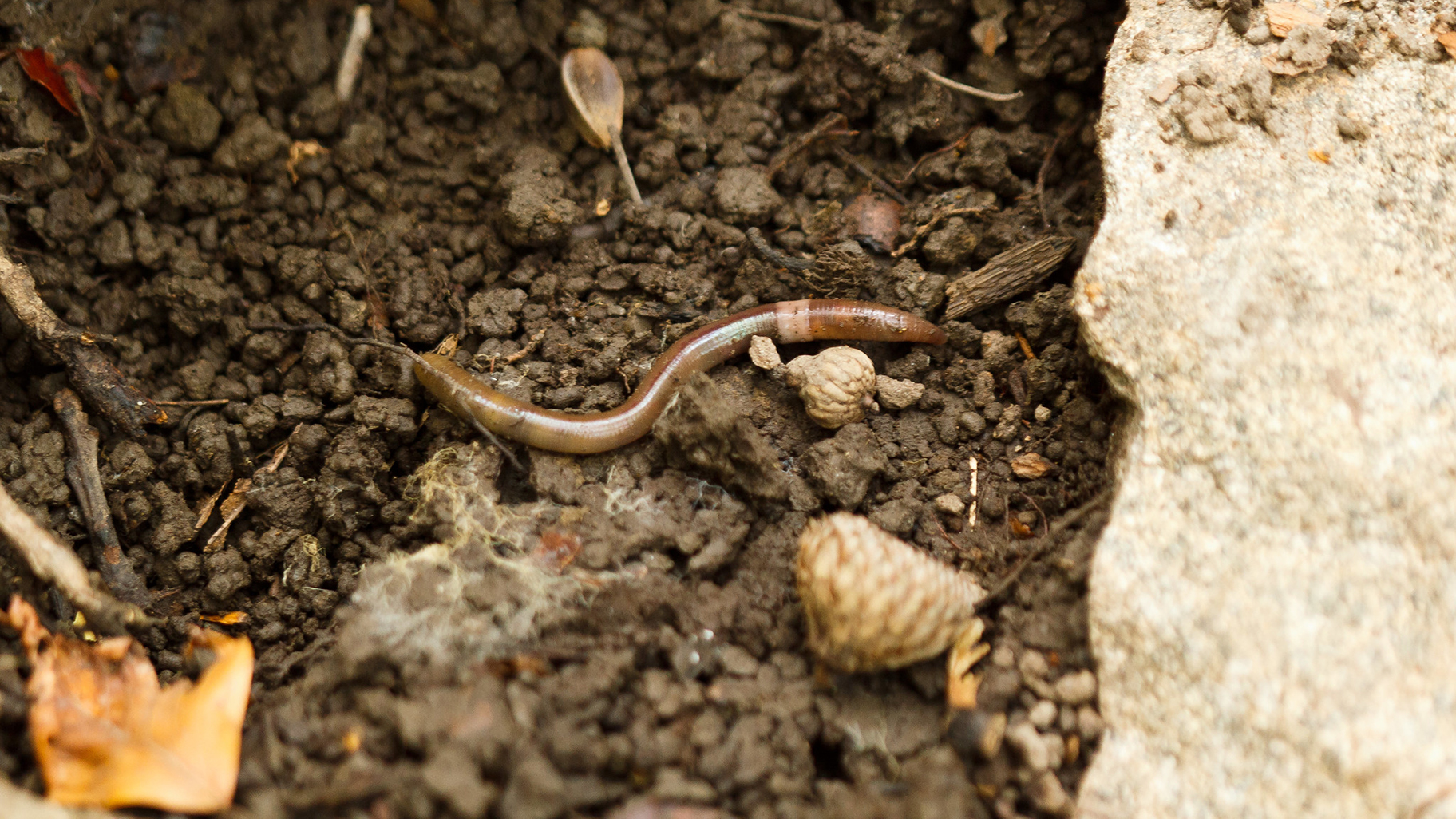Recording Available
NYISAW State of the Science Webinar
June 9th, 2023
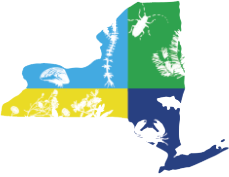
New York Invasive Species Research Institute
We connect invasive species research and practice to help manage the impact of invasive species in NYS.
About NYISRI
Invasive species pose a serious threat to New York’s natural resources, and NYISRI is committed to improving the scientific basis of invasive species management. We serve the scientific research community, natural resource and land managers, and state offices and sponsored organizations by promoting research, creating networks, and providing support.
Latest Research
 Research Digest: February 2023 (2/24/2023) - Our monthly research digest with recently published papers on invasive species from Biological Invasions, Conservation Biology, Ecology, Ecological Applications, and more...
Research Digest: February 2023 (2/24/2023) - Our monthly research digest with recently published papers on invasive species from Biological Invasions, Conservation Biology, Ecology, Ecological Applications, and more...Recent Posts
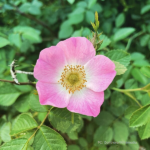 Removing One Invasive Species Makes Room for Another (9/18/2023) - Torres et al. investigate what happens when you remove invasive plant species, and how timing of removal activities impacts plant communities.
Removing One Invasive Species Makes Room for Another (9/18/2023) - Torres et al. investigate what happens when you remove invasive plant species, and how timing of removal activities impacts plant communities. Researcher Spotlight: Dr. Cliff Kraft and Dr. Pete McIntyre (6/28/2023) - This month, we interviewed Dr. Cliff Kraft and Dr. Pete McIntyre of the Adirondack Fishery Research Program who study invasive smallmouth bass in the Adirondacks
Researcher Spotlight: Dr. Cliff Kraft and Dr. Pete McIntyre (6/28/2023) - This month, we interviewed Dr. Cliff Kraft and Dr. Pete McIntyre of the Adirondack Fishery Research Program who study invasive smallmouth bass in the Adirondacks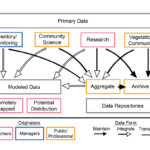 Getting to the (Data) Point (6/28/2023) - Fusco et al. (2023) summarize what spatial invasive plant data is available in the United States and how it can be used.
Getting to the (Data) Point (6/28/2023) - Fusco et al. (2023) summarize what spatial invasive plant data is available in the United States and how it can be used.Latest News
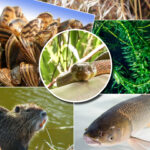 DOI Funding Guide for Invasive Species Management (9/28/2022) - The Department of the Interior (DOI) released a new Funding Guide for Invasive Species Management.
DOI Funding Guide for Invasive Species Management (9/28/2022) - The Department of the Interior (DOI) released a new Funding Guide for Invasive Species Management. Request for Quotes: Within Lake Vulnerability Analysis (6/24/2022) - Quotes are due by July 20th, 2022
Request for Quotes: Within Lake Vulnerability Analysis (6/24/2022) - Quotes are due by July 20th, 2022STAY UP-TO-DATE
Send an email to “nyisri-l-request@cornell.edu” with the subject “join” and nothing in the body of the email to be notified of our new posts and to receive our monthly newsletter.
FUNDING FOR NYISRI
Is provided by the Environmental Protection Fund as administered by the New York State Department of Environmental Conservation



